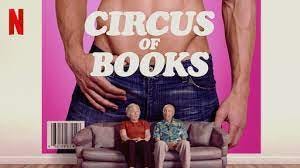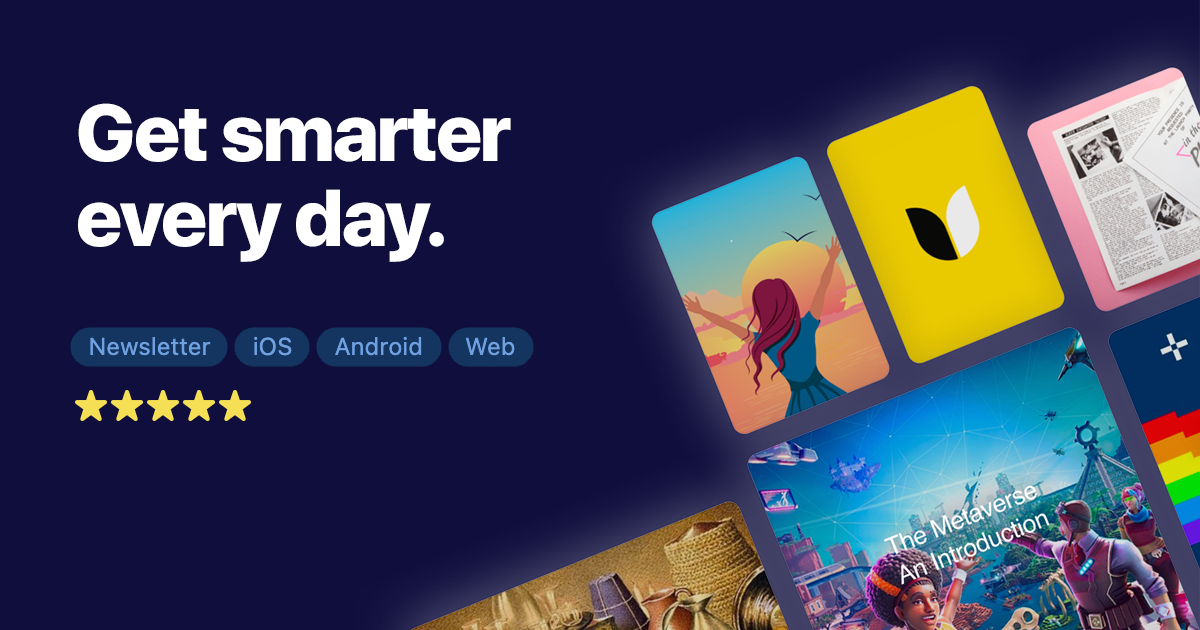Welcome to Sex and the State, a newsletter about human connection. To support my life’s work, upgrade to a paid subscription, buy a guide, follow me on OnlyFans, follow me on Twitter, support me on Patreon, or just share this post 🙏
~~~~~
Welcome to the 13th TV Tuesday!
I’m feeling a bit overwhelmed. I tend to do this. I don’t quite have enough going on and then I make a few moves and suddenly there’s just a little too much on my plate.
I ran out of money and felt lonely and found myself with just a little too much time on my hands. So I took on a few freelance projects and am in the running for a job with the government. The roads and bridges part, not the killing people part. Now seems like a good time for a steady paycheck that’s at least slightly insulated from the boom and bust economy. And frankly there’s just not a lot of work here that’s not for the government.
So Monday I’m feeling overwhelmed and I’m in an Uber on my way home from a minor medical procedure where I have to await results.
I’ve been enjoying talking to my drivers lately. Listening, really. It’s a nice way to get to know the area a bit better. A lot of them aren’t from here but are fairly settled in and here to stay. So it’s interesting to get their perspective and see how they’ve found community, or not. And just learn what kind of people they are.
So the driver, a woman, is telling me how she doesn’t like the riders who are obviously running drugs. Immediately, I dislike her. I believe drug dealers are performing a vital service at great personal risk. They’re heroes in my book. And I don’t even buy drugs that often. But a good dealer, one who tests their drugs especially, plays an extremely important role in public health. And for that they have to risk violence and arrest and incarceration or deportation.
Anyway, this is still an opportunity to get to know a little bit about someone who operates far outside my bubble. And she mentions Oregon after pointing out a license plate holder. I mention I’m going to Portland to debate prostitution legalization and its impact on sex trafficking. And she tells me she gives rides to, “I’m going to be nice and call them call girls.” She says this “I’m going to be nice” line at least twice.
“‘Sex workers’ is the term of art,” I say.
She tells me she used to drive big rigs. And she “saw a lot of that” in that job. “A lot of these girls are doing it for drugs,” she says. She tells me she also drives strippers. But she doesn’t judge them. “Some of them are doing it to pay for college,” she says.
“Some sex workers of all kinds are doing it to get through school,” I say. But that’s not her experience, I’m thinking now, in hindsight. I’m a sex worker. But she doesn’t clock me as one. Why would she, other than the fact that I’m debating the topic at Lewis & Clark? But considering how the people running these conversations usually exclude actual sex workers, that’s hardly a clear-cut tell.
I say it’s not up to us to say that cleaning toilets is a better way to pay bills than sex work. And in my head I’m thinking “You’re an Uber driver and ex trucker. How do you feel entitled to judge sex workers?”
I know I don’t get a hall pass to do a classism just because she did a whorephobia first.
And at the same time, in that same place where my heart should be, I feel like if anyone is allowed to do, or should be allowed to do, a whorephobia, it’s her. What I heard her literally say is different from what I perhaps projected onto her, which is a sadness and protectiveness. She hasn’t seen the sex workers who get to debate the topic on college campuses. She’s seen the ones who, well, maybe just didn’t have a ton of options.
I said no one should have to do work they really don’t like doing, and that’s why we need a UBI. She didn’t argue. Maybe she agrees. Maybe she didn’t know what “UBI” means and didn’t care enough to ask.
She told me she had to stop driving trucks because she got leukemia and had to be in one place for her monthly care. She had one relapse after her diagnosis and ended up in a hospital in Texas. She told me how scary it was to be hospitalized with no one she knew around. If I learned anything from my mom almost dying from a torn esophagus, besides how medieval so much of medicine still is, it’s how important it is to have people advocating for you in a hospital. I truly believe if my stepdad hadn’t been there day after day, week after week, she wouldn’t have made it.
This Uber driver is alive because of public assistance. She told me her pills alone cost $30k/month. She lost her insurance when she stopped being able to drive trucks. She moved to Huntsville because we have a cancer center that pays for her care.
I didn’t want to argue with her about sex work stigma and criminalization. I didn’t have the energy. It’s not on me to try to change this woman’s whorephobia. I said enough to give her something to think about if she wants. I said enough that I could feel I didn’t let it go completely unchallenged. I appreciate that she shared her story with me. I would have shared mine if I’d felt invited. But most people don’t need, most people aren’t ready to, hear my story until I’ve heard theirs. I don’t get anything, really, out of telling strangers, one by one, my story. That’s what this newsletter is for. People who want it can opt-in. These one-on-one conversations are for me to learn, not teach.
And what this story helped confirm for me is that people are going to base their opinions on what they know. And as long as sex and drugs and their sale and purchase exist in the dark and are criminalized, as long as most people’s knowledge of and experience with them is either at the fringes or mediated through the “if it bleeds it leads” view of news media and sensationalism of pop culture, they’re going to have a necessarily narrow, distorted view.
One person saying, “It’s not always like that” can’t overcome a lifetime of programming. But dozens and then hundreds and then thousands and then millions of people coming out and talking about their experiences can. It’s really the only way anything changes.
So it hammered home the limits of what I can ever possibly do as an individual. But also the reality that change has to begin with a few people.
I’m watching Circus of Books because I wanted to watch Money Shot but it’s not out until Wednesday and this was on the list of results for “porn” in Netflix.
It’s about the conservative Jewish family in LA who ran a gay porn shop for decades.
“I think what we did is small, human kindnesses,” the wife said of how they treated their workers during the height of the AIDS crisis.
It’s easy to be mad at the parents who refused to see their kids while they died alone of AIDS or this woman who thinks not using a slur is an act of generosity. But these are just individuals acting within a larger system.
What’s maddening about this documentary is how little has changed between the 1980s and today.
“Government officials will often use pornography as a means of deflecting attention away from their failures to do something.” -John Weston, First Amendment Attorney
SAME SHIT NEW DECADE
“Isn’t it about time to remove the profit motive for activities that are sick and obscene?” -Ronald Reagan
You know what’s sick and obscene, Ronny? Ignoring the AIDS crisis except to blame gays for getting sick. That’s sick and obscene. Not gay porn.
I don’t know, man. But maybe it should be up to individuals and not the same government that named an airport after the CIA's first director, who was really into the Nazis and basically reported the intel of the Holocaust like two years late, killing perhaps a million more people who also helping many high ranking Nazi friends get out of their Nuremberg trial and otherwise have a good post-war to determine what’s sick and obscene. But what the fuck do I know?
At one point the porn shop gets raided after a sting investigation.
How dare law enforcement fail to even investigate most crimes with actual victims and then set up sting operations for vice infractions? It seems pretty telling that crimes with actual victims don’t require sting operations to investigate or solve, especially when victims feel safe reporting these crimes to police. Unless I’m missing something, a sting operation means police are ignoring crimes with actual victims to entrap potential criminals of mostly victimless crimes and in so doing creating victims where there were none.
Again, and these are the people who are supposed to have the moral authority to tell me what’s sick and obscene?
I was tweeting about the sting operation situation and someone quote tweeted me, saying, “It’s almost like cops are bad people.” And it’s like, in many, if not most, cases, yes. Sure. And maybe all the parents who allowed their gay kids to die alone were bad people too. And maybe the ex-trucker is also a bad person.
But who cares? The important thing, in my opinion, is that they’re all operating in a bad system.
~~~~~
This is an ad! Click on it to support me!
Get smarter every day
Every day Refind picks 5 articles that make you smarter, tailored to your interests. Loved by 100k+ curious minds.






